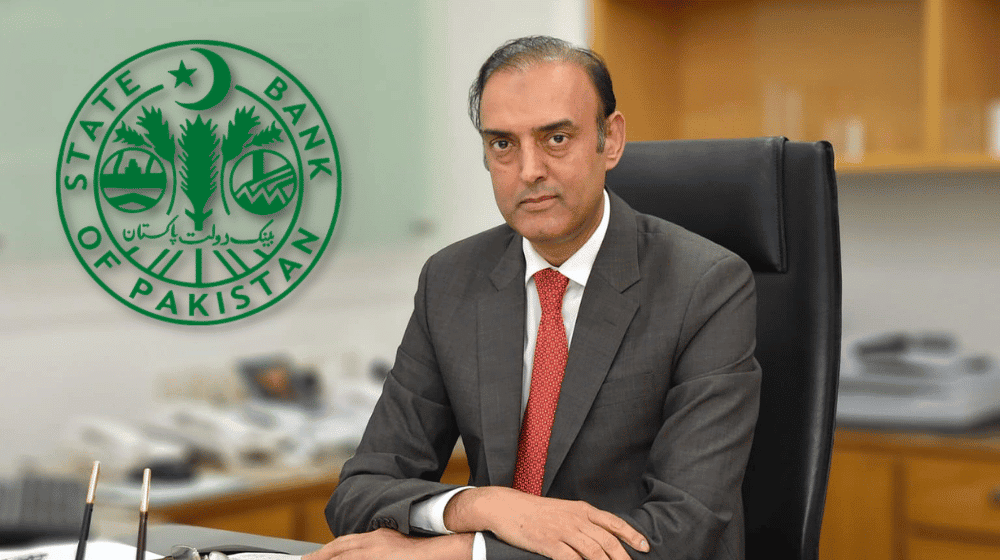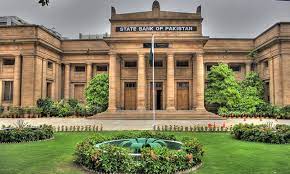PTBP Web Desk
Governor of the State Bank of Pakistan (SBP), Jameel Ahmad, has underscored that achieving inclusive economic growth depends on sustained macroeconomic stability that uplifts communities and secures long-term national prosperity. He made these remarks during his keynote address at the ninth Annual Microfinance Conference in Karachi, hosted by the Pakistan Microfinance Network. The conference, themed “Renaissance of Microfinance,” focused on revitalizing the microfinance sector to promote inclusive economic development across Pakistan.
Governor Ahmad stated that recent policy and regulatory actions—though challenging—have successfully steered Pakistan toward a period of macroeconomic stability. He highlighted improvements in the country’s economic indicators, noting that inflation has declined sharply and is projected to remain within the government’s medium-term target range of 5–7 percent. However, he acknowledged temporary price pressures linked to recent floods, particularly impacting food supply chains.
Discussing the external sector, Ahmad revealed that Pakistan’s foreign exchange reserves have increased nearly fivefold compared to February 2023. He attributed this improvement to SBP’s strategic interbank foreign exchange purchases, aimed at strengthening foreign exchange buffers. Without these interventions, he noted, the government would have been compelled to borrow more extensively at higher interest rates to meet debt obligations.
The SBP governor praised the government’s fiscal consolidation efforts, which have complemented the central bank’s monetary policies by curbing inflationary pressures and reducing external account vulnerabilities. As a result, Pakistan’s debt dynamics have improved significantly over the past three years.
Ahmad expressed cautious optimism about economic recovery, saying growth is on a gradual upward trajectory and expected to accelerate in the current fiscal year, despite temporary setbacks from flood-related agricultural losses.
Reflecting on two decades of progress, Governor Ahmad reaffirmed SBP’s commitment to microfinance as a key driver of inclusive growth. He announced comprehensive revisions to the Prudential Regulations for Microfinance Banks, shifting from a rules-based to a principle-based regulatory framework.
Key reforms include:
- Removal of restrictions on microenterprise lending for greater flexibility.
- Introduction of a dedicated Agriculture and Livestock Loan category.
- Enhanced loan limits—up to Rs5 million for agriculture, microenterprise, and housing loans, and Rs500,000 for general-purpose loans.
These changes are designed to strengthen microfinance institutions (MFIs) and enable them to better serve the needs of small businesses, farmers, and low-income households.
Ahmad also highlighted new risk management and climate resilience initiatives. The SBP, in collaboration with the World Bank, has launched a Climate Risk Fund under the Resilient and Accessible Microfinance Project. This fund aims to support around two million borrowers through liquidity facilities to help mitigate climate-related shocks.
In addition, the SBP—supported by the Government of Pakistan—has introduced a Risk Coverage Scheme for Small Farmers and Underserved Areas. This initiative provides a 10 percent first-loss coverage and operational incentives to expand lending in regions such as Balochistan, Khyber Pakhtunkhwa, Azad Jammu & Kashmir, and Gilgit-Baltistan.
Reiterating SBP’s vision under the National Financial Inclusion Strategy (NFIS) 2028, the governor shared encouraging progress: financial inclusion in Pakistan rose from 47 percent in 2018 to 67 percent in 2025, while the gender gap in financial access narrowed from 47 percent to 30 percent.
He credited this progress to digital banking initiatives like:
- Raast, Pakistan’s instant payment system.
- Asaan Mobile Account, promoting financial access via mobile phones.
- Roshan Digital Account, enabling overseas Pakistanis to invest digitally.
- The establishment of Digital Banks to improve accessibility and innovation.
Ahmad also emphasized the Banking on Equality Policy, which promotes women’s financial inclusion. Looking forward, the NFIS 2028 aims to expand financial inclusion to 75 percent and reduce the gender gap to 25 percent by 2028.
Governor Ahmad urged microfinance institutions to strengthen risk management frameworks, adopt alternative data sources for digital credit scoring, and maintain adequate liquidity buffers. He stressed the importance of internal audits, staff training, and anti-fraud mechanisms to ensure financial integrity.
He further emphasized that good corporate governance, transparent communication, and climate-risk mapping are essential for long-term institutional sustainability and resilience in Pakistan’s financial system.




